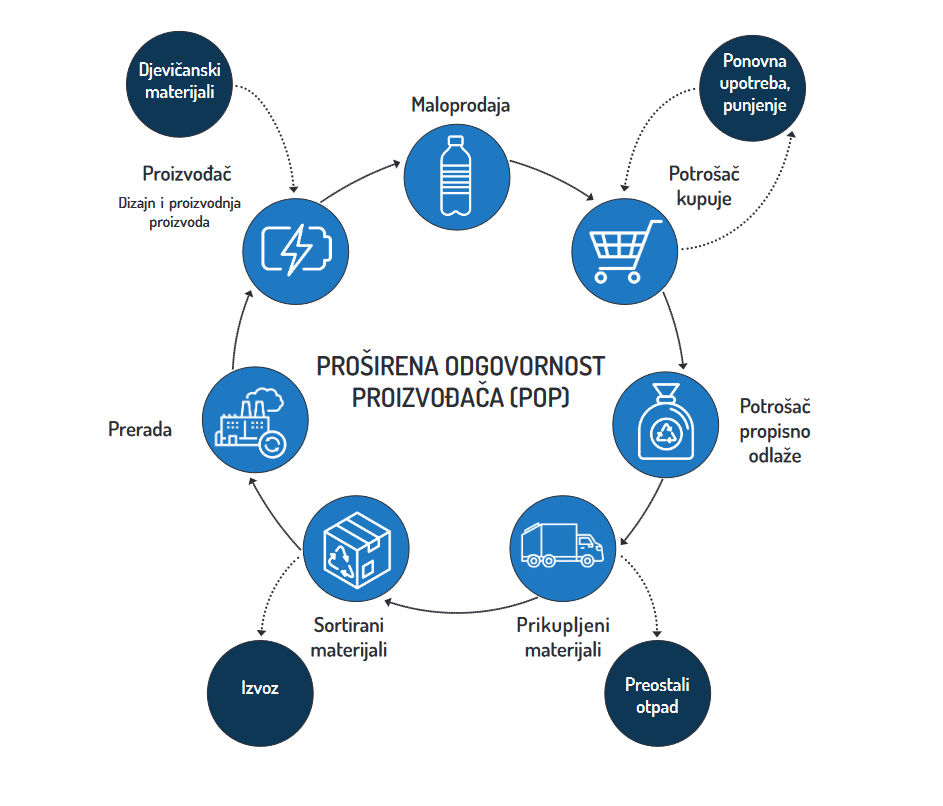CRNA GORA BEZ SMEĆA
Extended Responsibility For Sustainable Waste Management
Welcome to our guide on Extended Producer Responsibility (EPR). In an era where environmental sustainability is paramount, EPR has emerged as a crucial concept, reshaping the way we perceive and manage waste. This page is designed to provide you with an understanding of EPR, its significance, and how it plays a pivotal role in creating a more sustainable future.
Explore our resources on Extended Producer Responsibility (EPR) schemes – a pivotal leap towards a circular economy.
Key Components:
#1 Product Design: Considerations for recyclability and environmental impact in the design phase.
#2 Collection and Recycling: Establishing systems for the collection and recycling of end-of-life products.
#3 Financial Responsibility: Manufacturers bear the financial burden of managing the product’s waste.
What is Extended Producer Responsibility and how does it work?
Extended Producer Responsibility is a policy approach where the manufacturer or producer of a product assumes a significant degree of responsibility for the environmental impact of the product throughout its lifecycle, including its disposal. It is a worldwide approach that ensures responsible handling of waste, particularly from products and packaging. The idea is straightforward – those who create, import, or sell items are accountable for managing them properly after we’re done using them, rather than leaving it to the government or others.
Extended Producer Responsibility (EPR) has been introduced in many jurisdictions around the world to ensure that effective processes and infrastructure are in place for collecting, sorting, and recycling product and packaging material waste. In Montenegro, the new Law on Waste Management mandates that a company that places on the Montenegrin market electrical and electronic equipment, vehicles, batteries and accumulators, tires, packaging, single-use plastic products and fishing gear containing plastic, has obligations under extended producer responsibility.
EPR is shaping up differently in developed and developing markets. Developed markets, with existing recycling infrastructure, aim to design 75% of plastic packaging for recycling by 2030. Here, the focus is on high-quality systems that promote circularity. In developing markets like Montenegro, where infrastructure is lacking, a target of 50% of plastic packaging designed for recycling by 2030 is discussed. The emphasis here is on building widespread, basic collection, and recycling infrastructure as a first step to meet EPR laws.
EPR Challenges and Benefits
This industry-funded approach encourages producers to prioritize packaging design and management in ways that benefit the environment. It promotes reuse, repair, and recycling over disposal, helping keep our oceans and environment free from waste.
One of the primary hurdles in the successful implementation of Extended Producer Responsibility (EPR) is the resistance from industries. Some businesses may be reluctant to embrace EPR due to concerns about additional financial burdens and changes in established practices. To overcome this challenge, fostering a collaborative dialogue between industry stakeholders and policymakers is essential. Clearly outlining the long-term benefits, such as enhanced brand reputation and potential cost savings, can encourage industries to see EPR as an opportunity rather than a burden.
- Brand Image: Companies adopting EPR practices enhance their brand image by showcasing a commitment to environmental responsibility.
- Cost Savings: Efficient waste management often leads to cost savings through reduced disposal fees and the potential for recovering valuable materials.
Brochures on Roles and Resposibilities in the Extended Producer Responsibility System (in Montenegrin only)
This page was created within the project “Extended responsibility for sustainable waste management” financed by the Ministry of Tourism, Ecology, Sustainable Development and Development of the North of Montenegro and implemented by the NGO Zero Waste Montenegro. This information is purely educational in nature and provides general information about the concept of Extended Producer Responsibility (EPR). All opinions, views and recommendations expressed in this video are solely the author’s and do not necessarily represent the views of the sponsors.



